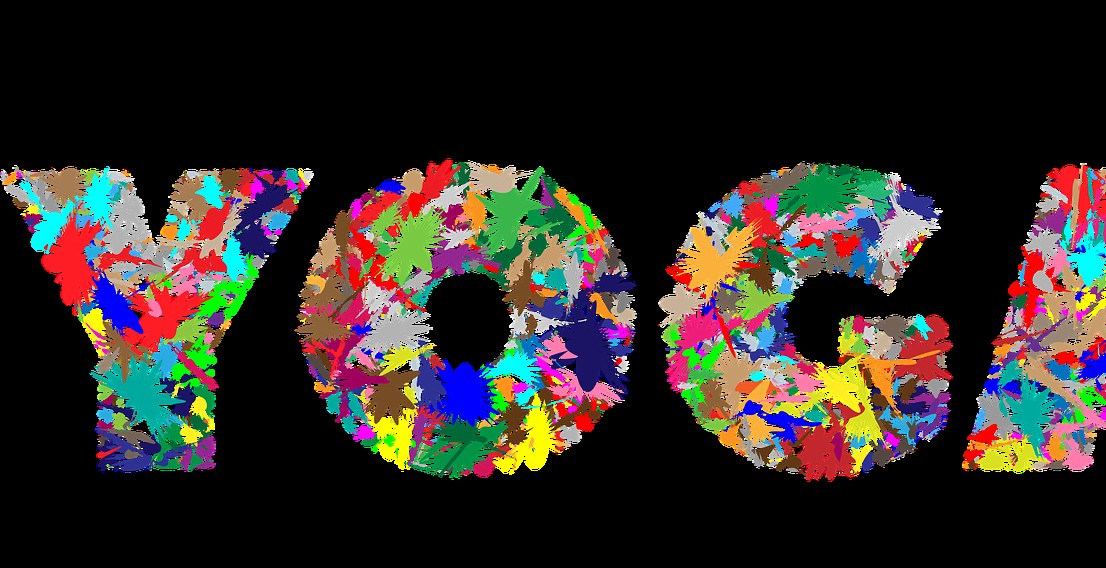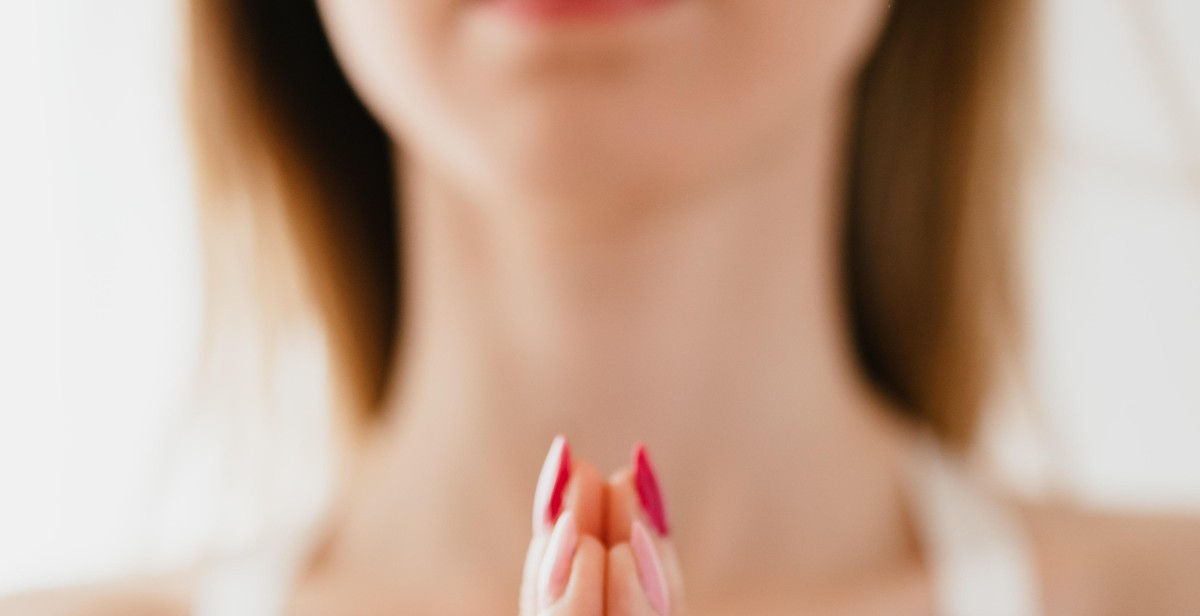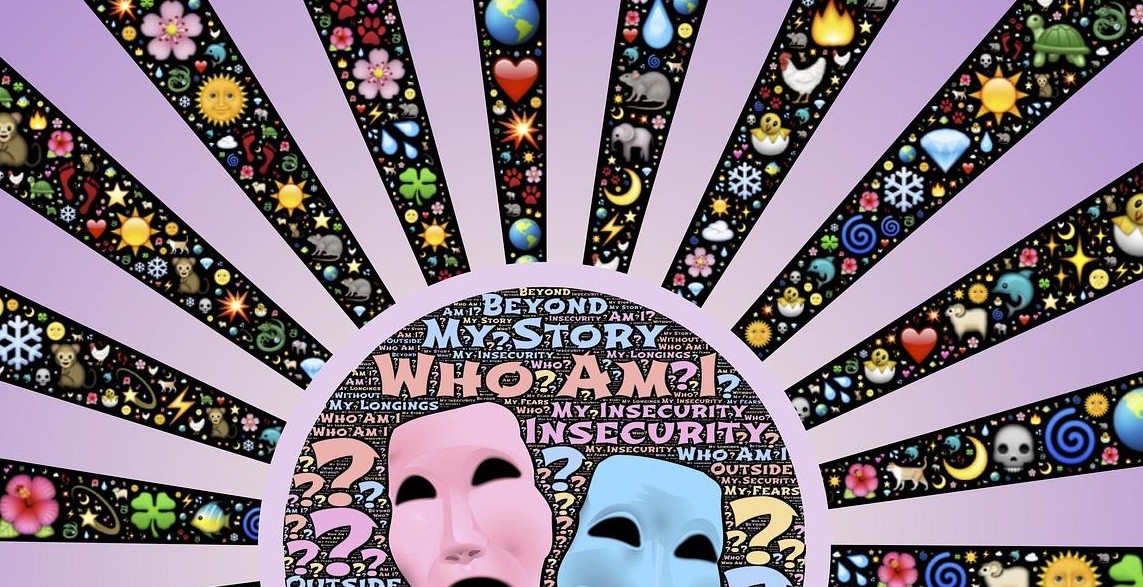The Relationship between Meditation and Self-Expression
Self-expression is a fundamental human need that allows individuals to communicate their thoughts, feelings, and ideas to others. It can take many forms, such as art, music, writing, or even speaking. On the other hand, meditation is a practice that has been around for thousands of years and involves training the mind to focus and achieve a state of relaxation and mindfulness.
What is Meditation?
Meditation is a technique that has been practiced for centuries and is used to promote relaxation, reduce stress, and improve overall well-being. It involves focusing the mind on a particular object, thought, or activity, such as breathing or chanting, to achieve a state of calmness and clarity. Meditation can be practiced in many different ways, including mindfulness meditation, transcendental meditation, and loving-kindness meditation, among others.
What is Self-Expression?
Self-expression refers to the ability to communicate one’s thoughts, feelings, and ideas to others. It can take many forms, such as art, music, writing, or even speaking. Self-expression is an essential part of human communication and allows individuals to connect with others on a deeper level. It is also a way for individuals to express their creativity and individuality.
There is a growing body of evidence that suggests that meditation and self-expression are closely linked. In this article, we will explore the relationship between these two practices and how they can be used together to enhance overall well-being.

The Benefits of Meditation on Self-Expression
Meditation has been practiced for centuries as a way to improve mental and physical well-being. One of the many benefits of meditation is the positive impact it can have on self-expression. Here are some ways meditation can help:
Increased Creativity
Meditation has been shown to increase creativity by quieting the mind and allowing new ideas to surface. When we meditate, we are able to tap into our subconscious and access new thoughts and perspectives. This can lead to innovative and original ideas that may have been previously blocked by stress or distractions.
Reduced Stress and Anxiety
Stress and anxiety can be major obstacles to self-expression. They can cause us to doubt ourselves and our abilities, and prevent us from expressing ourselves freely. Meditation has been proven to reduce stress and anxiety by calming the mind and promoting relaxation. By reducing these negative emotions, we can feel more confident and self-assured, which can lead to more effective self-expression.
Improved Focus and Concentration
Another way meditation can benefit self-expression is by improving focus and concentration. When we meditate, we train our minds to stay focused on the present moment. This can help us stay focused on our goals and priorities, and avoid distractions that may hinder our self-expression. By improving our ability to concentrate, we can better express ourselves in our work, relationships, and other areas of our lives.
- Increased creativity
- Reduced stress and anxiety
- Improved focus and concentration
In conclusion, meditation can have a powerful impact on self-expression. By increasing creativity, reducing stress and anxiety, and improving focus and concentration, we can more effectively express ourselves in all areas of our lives.

Different types of meditation for self-expression
Meditation is a powerful tool that can help you to express yourself better. It is a practice that allows you to calm your mind, reduce stress, and focus on the present moment. There are different types of meditation that you can try to enhance your self-expression. Here are some of them:
Mindfulness meditation
Mindfulness meditation is the most popular type of meditation. It involves focusing on the present moment and being aware of your thoughts, feelings, and surroundings without judgment. This type of meditation can help you to express yourself better by increasing your self-awareness. When you are aware of your thoughts and feelings, you can communicate them more effectively to others. Mindfulness meditation can also help you to reduce stress and anxiety, which can hinder your ability to express yourself.
Loving-kindness meditation
Loving-kindness meditation involves focusing on feelings of love, kindness, and compassion towards yourself and others. This type of meditation can help you to express yourself better by increasing your empathy and understanding towards others. When you are more compassionate towards others, you are more likely to communicate in a kind and respectful manner. Loving-kindness meditation can also help you to develop a positive self-image, which can boost your confidence and self-expression.
Visualization meditation
Visualization meditation involves using your imagination to create mental images of a specific goal or outcome. This type of meditation can help you to express yourself better by improving your ability to visualize your thoughts and ideas. When you can clearly see what you want to express, you are more likely to communicate it effectively to others. Visualization meditation can also help you to reduce stress and anxiety, which can hinder your ability to express yourself.
Overall, meditation can be a powerful tool for enhancing your self-expression. Whether you choose mindfulness meditation, loving-kindness meditation, or visualization meditation, incorporating meditation into your daily routine can help you to communicate your thoughts and feelings more effectively.

How to incorporate meditation into your self-expression practice
Meditation can be a powerful tool for enhancing self-expression. It can help you become more present, focused, and aware of your thoughts and emotions. Here are some tips for incorporating meditation into your self-expression practice:
Start small and be consistent
When you’re first starting out, it’s important to start small and be consistent. Begin with just a few minutes of meditation each day and gradually increase the time as you become more comfortable. Consistency is key – try to meditate at the same time each day to make it a habit.
Find a comfortable space and time
Find a quiet, comfortable space where you can meditate without distractions. This could be a dedicated meditation room or simply a corner of your bedroom or living room. Choose a time when you’re least likely to be interrupted, such as early in the morning or late at night.
Experiment with different types of meditation
There are many different types of meditation, so it’s important to experiment and find what works best for you. Some popular types of meditation include:
- Mindfulness meditation: This involves focusing on your breath and bringing your attention back to the present moment whenever your mind wanders.
- Transcendental meditation: This involves repeating a mantra or word to help quiet the mind.
- Loving-kindness meditation: This involves focusing on feelings of love and compassion for yourself and others.
Try out different types of meditation and see what resonates with you. You may also want to try guided meditations, which can be helpful for beginners.
Incorporating meditation into your self-expression practice can help you become more grounded, centered, and connected to your inner self. By starting small, finding a comfortable space and time, and experimenting with different types of meditation, you can create a powerful practice that supports your self-expression journey.

Conclusion
In conclusion, the relationship between meditation and self-expression is a complex and multifaceted one. While meditation can help individuals become more in tune with their inner selves and emotions, it can also help them to better communicate those emotions and ideas to others through various forms of self-expression.
Through regular practice of meditation, individuals can develop a greater sense of self-awareness and emotional intelligence, which can be invaluable in the creative process. By cultivating a calm and focused mind, individuals can tap into their creativity and find new and innovative ways to express themselves.
Furthermore, the benefits of meditation extend beyond just the creative process. Meditation has been shown to have a wide range of physical and mental health benefits, including reducing stress and anxiety, improving sleep quality, and boosting overall well-being.
Overall, the relationship between meditation and self-expression is a powerful one. By incorporating regular meditation practice into their lives, individuals can unlock their full creative potential and achieve greater levels of self-awareness and personal growth.
